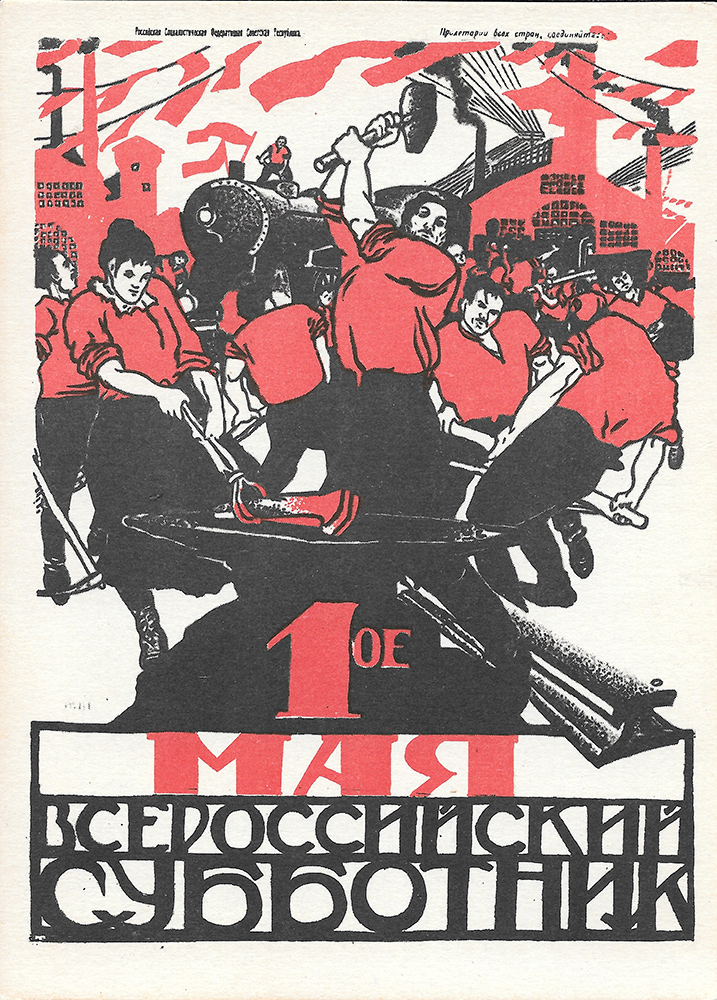Kyrgyzstan – Киргизия – Кыргызстан 1984
Soviet power was initially established in the region in 1919, and the Kara-Kyrgyz Autonomous Oblast was created within the Russian SFSR (the phrase Kara-Kirghiz was used until the mid-1920s by the Russians to distinguish them from the Kazakhs, who were also referred to as Kirghiz). On 5 December 1936, the Kirghiz Soviet Socialist Republic was established as a full republic of the Soviet Union.
During the 1920s, Kyrgyzstan developed considerably in cultural, educational and social life. Literacy was greatly improved, and a standard literary language was introduced by imposing Russian on the populace. Economic and social development also was notable. Many aspects of Kyrgyz national culture were retained despite the suppression of nationalist activity under Joseph Stalin, and, therefore, tensions with the all-Union authorities were constant.
The early years of glasnost had little effect on the political climate in Kyrgyzstan. However, the Republic’s press was permitted to adopt a more liberal stance and to establish a new publication, Literaturny Kirghizstan, by the Union of Writers. Unofficial political groups were forbidden, but several groups that emerged in 1989 to deal with the acute housing crisis were permitted to function.
In 1989 protests flared up against the discriminatory policy of the Soviet government directed at pushing ethnic Kyrgyz inhabitants out of major cities, which could then be occupied by new settlers from Russia and the other Soviet republics.
Text from: Wikipedia.com
























